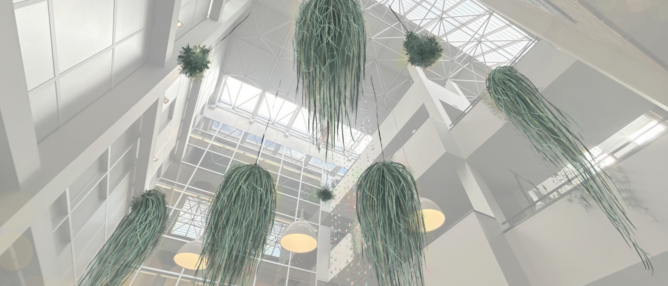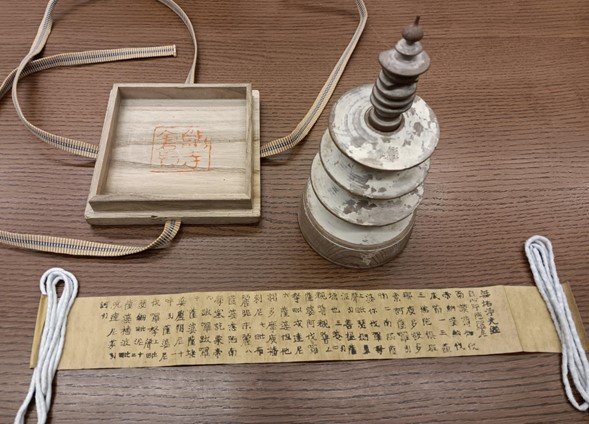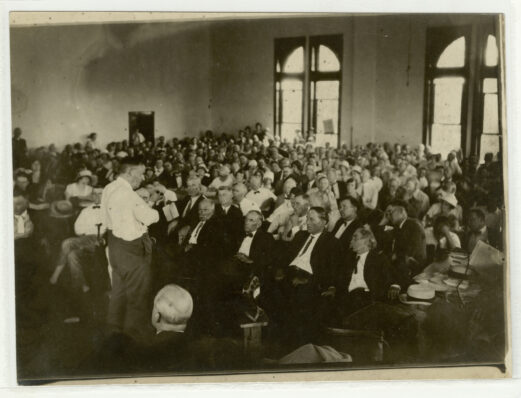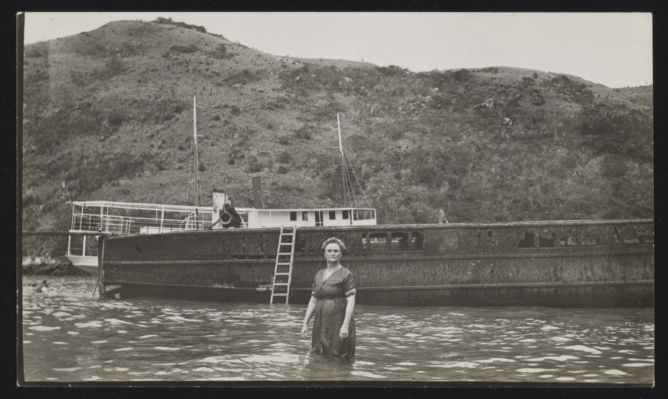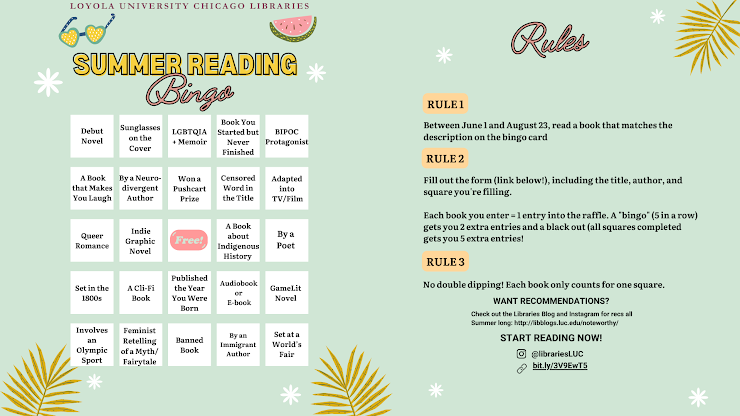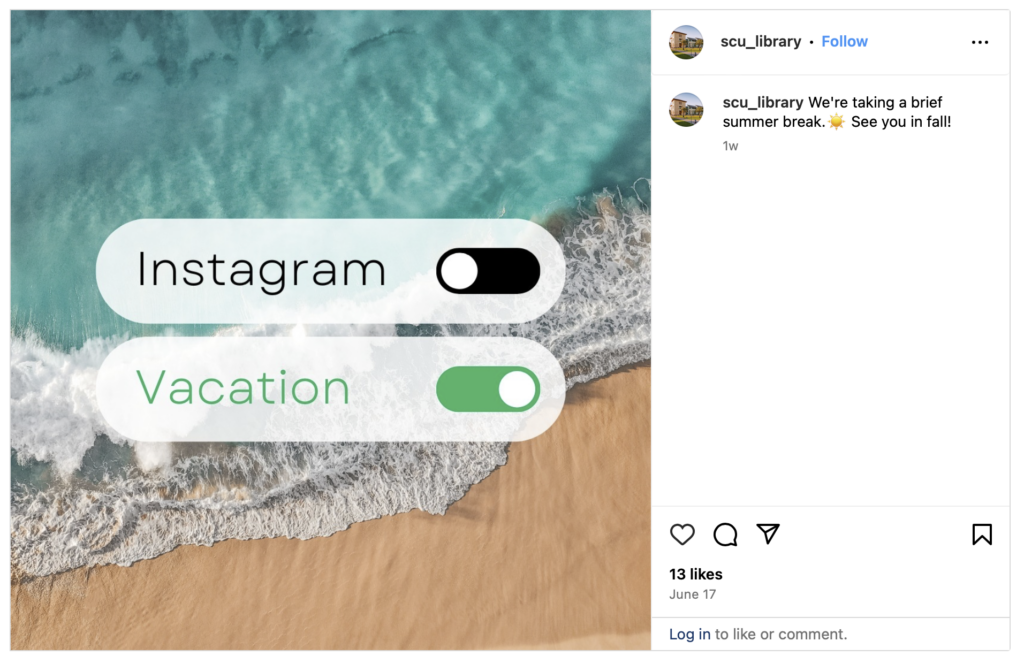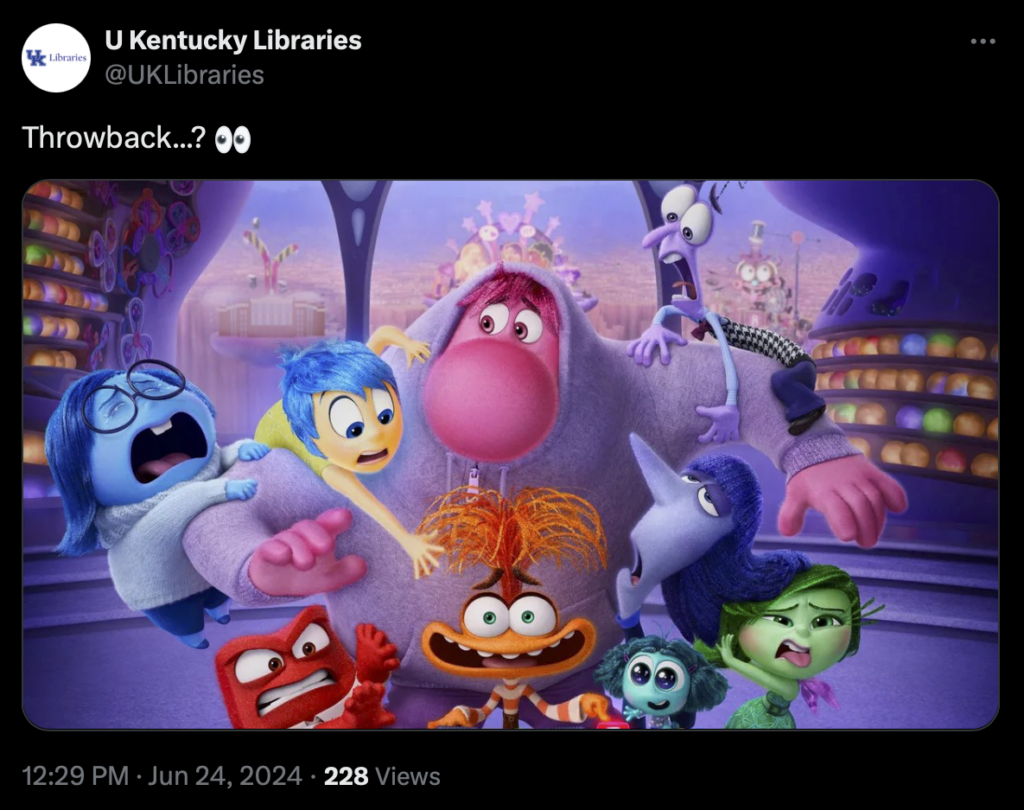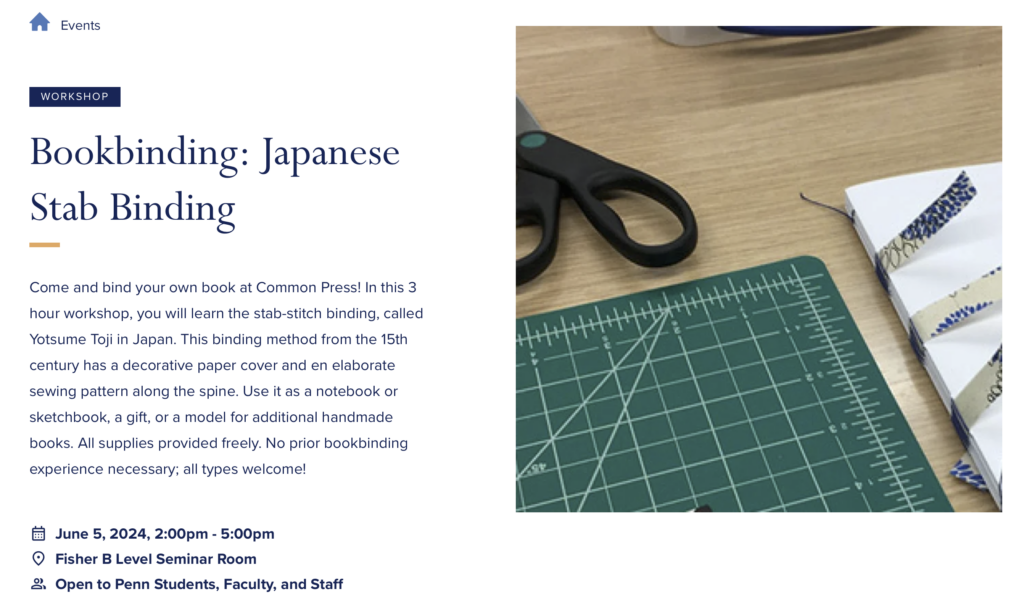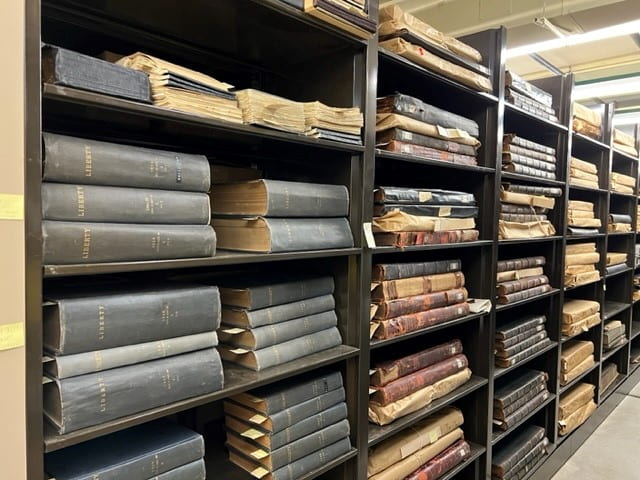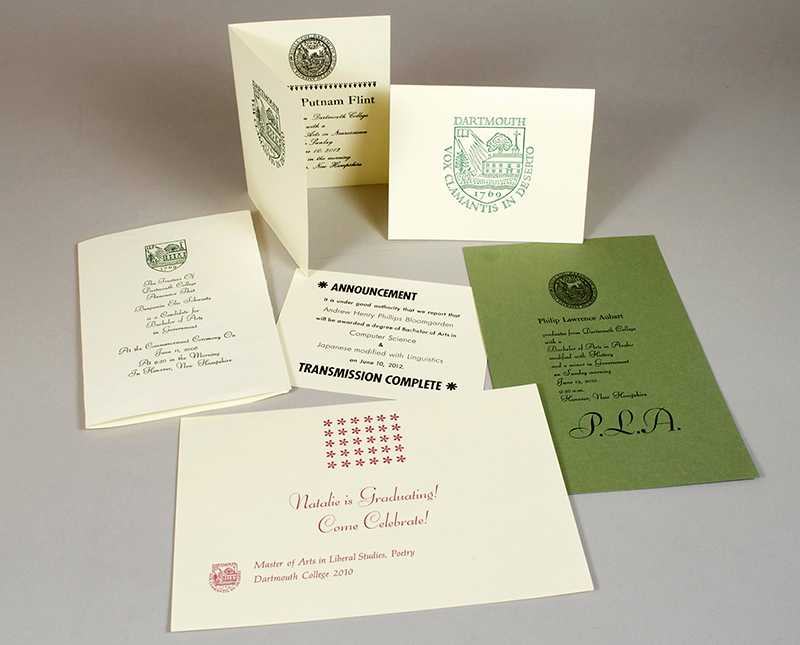Social media happens so fast. I mean, just over a week ago, saying that I can’t get anxiety out of my brain meant an entirely different thing. So in between the monthly “Recently in Academic Libraries” posts, I pull together regular updates on what AcadLibs are doing on social. Please enjoy these recent highlights.
The content is mysterious and important
I’m sure we’re not all watching Severance, but it feels like entire world is watching Severance (or maybe that’s just my fyp). Major props to Oklahoma State University Libraries for getting the dolly zoom elevator shot perfect. Over at University of Maryland Libraries, they put together a small set of Severance references to promote locking in at the library. I even jumped on the “outie/innie” trend at my library as a way to subtly poke fun at the things some students do in the library (and yes it’s true that someone actually left an entire bowl of spaghetti once).
Promoting OERs with high-quality content
KU Libraries used both video and still images to celebrate a faculty member who is an open educational resources advocate. The video is a solid interview with engaging b-roll footage, and a good example of what you can accomplish with skilled a videographer. The carousel works equally well, combining good photography with simple branded graphics. Instead of trying to put images and words together in a single slide, KU Libraries posted image, then graphic, then image, giving each its full space. I hope this is part of a series!
Three pieces of trending content
1. “Last week, I just got two offers for the job that I want.” The J. Willard Marriott Library posted this solidly feel-good video across their socials, encouraging students to find the good in life. It follows on the heels of a trend I’ve seen many universities doing (including my own) but I love the tight camera angle and ASMR-style audio. It takes a familiar trend and makes it more intimate.
2. The “subtle foreshadowing” meme is a great way to take advantage of the rule that you have to capture someone’s attention in the first 1-2 seconds of a social media post in order to hook them. It’s an obvious gimmick, but the self-referentiality of the format works. CSU Fullerton’s Pollak Library pied their dean and associate dean as a thank you to donors following a Day of Giving. I really hope that was a student worker throwing the pies.
3. I am always impressed by libraries that have the time and energy to hop onto the awards season bandwagon by posting timely content. The go-to meme is, of course, the juxtaposition of a book cover with a celebrity’s red carpet outfit. So it was refreshing to see a slightly different take by Georgia Tech Library who used high quality photography and Oscar Awards categories to highlight their library spaces.
And finally…
Ok, Chatham University Library, this is hot.
header image: still from the University of Maryland Libraries Severance parody video

